Projects
Explore our current and past research projects
Current projects
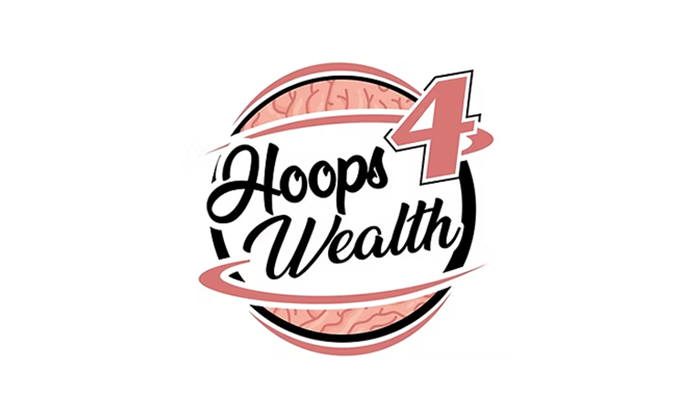
Building financial capability and resilience for people on low-incomes in the Northern Territory
Learn more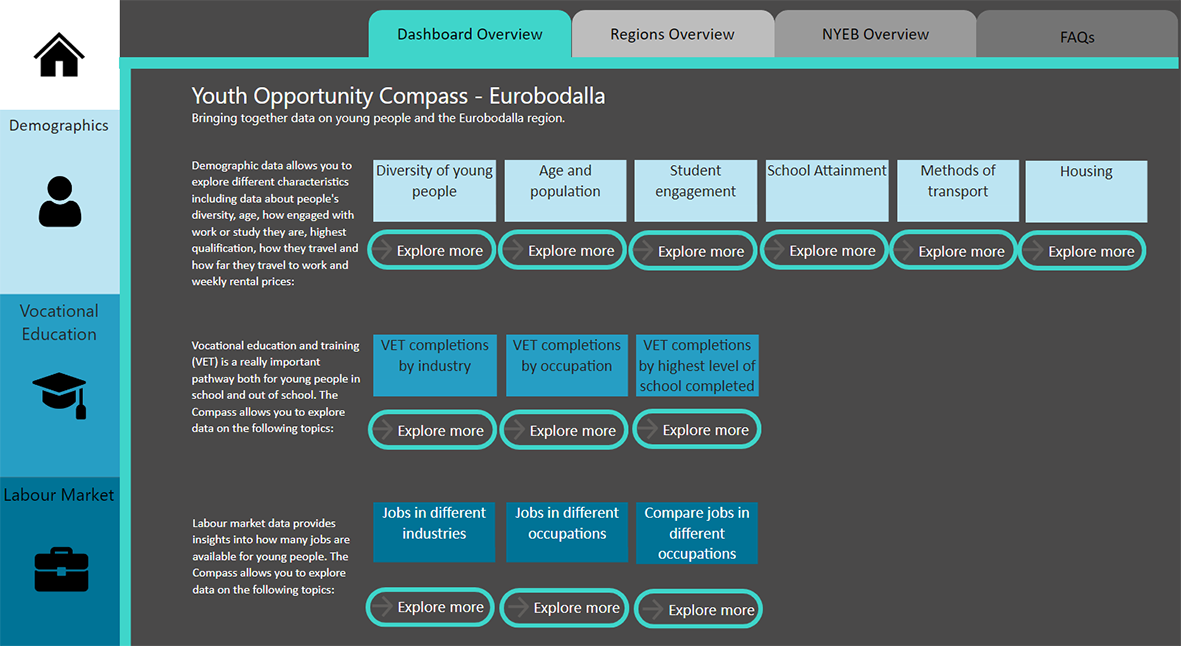
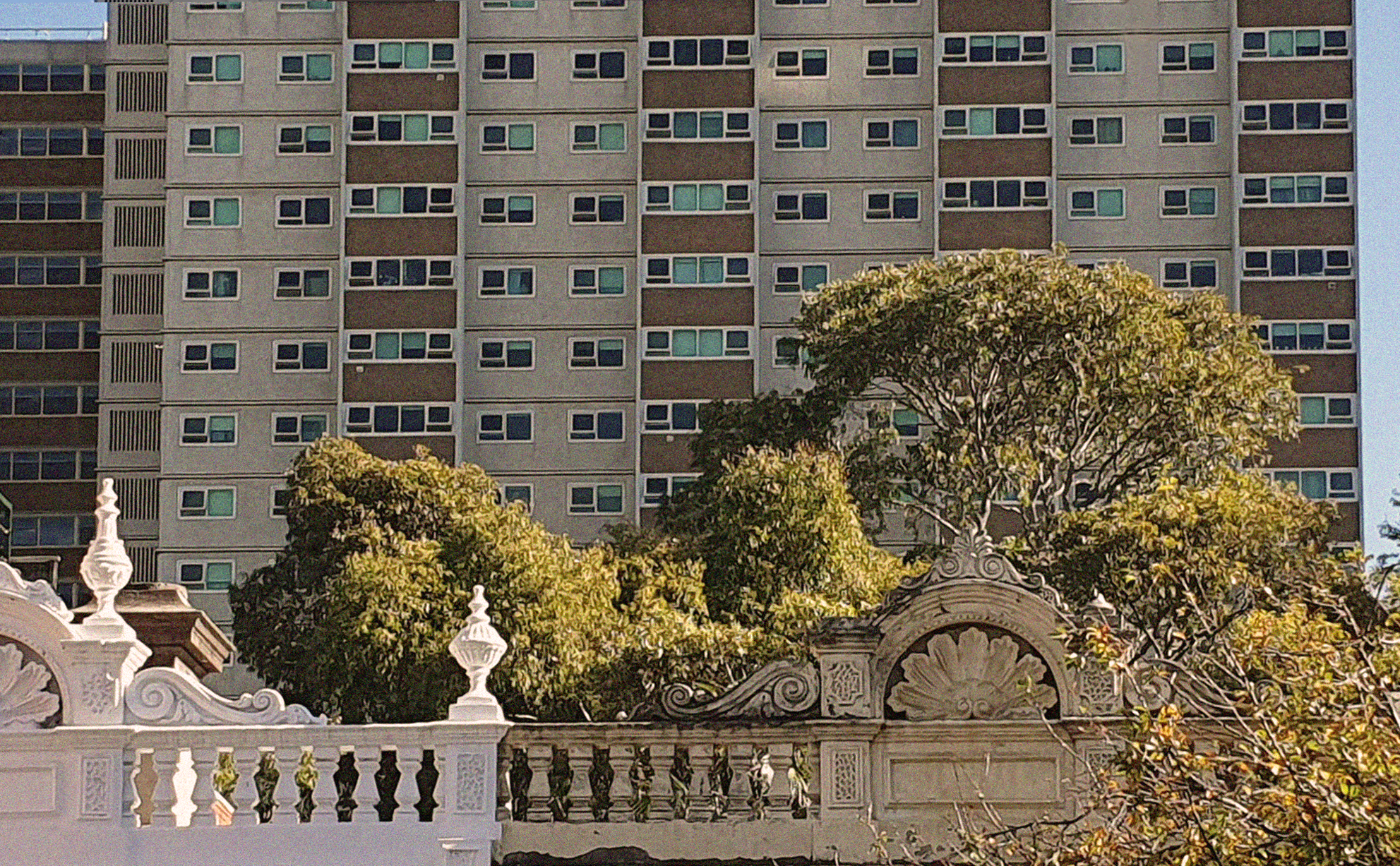
The final stage of the Life Chances study which reviews findings of Stages 1–13.
Learn more
How well are Australia’s current family assistance payments supporting low-income parents to meet the needs of their children and achieve economic security?
Learn more
This applied research initiative will test a place-based approach to the interconnected challenges of rural workforce shortages, sustained youth unemployment and declining efficacy of existing agricultural training programs.
Learn more
How do people on lower incomes in regional, peri-urban and urban locations experience and respond to financial challenges?
Learn more
What are the drivers and impacts of financial stress for low-income people and what are the policy implications?
Learn more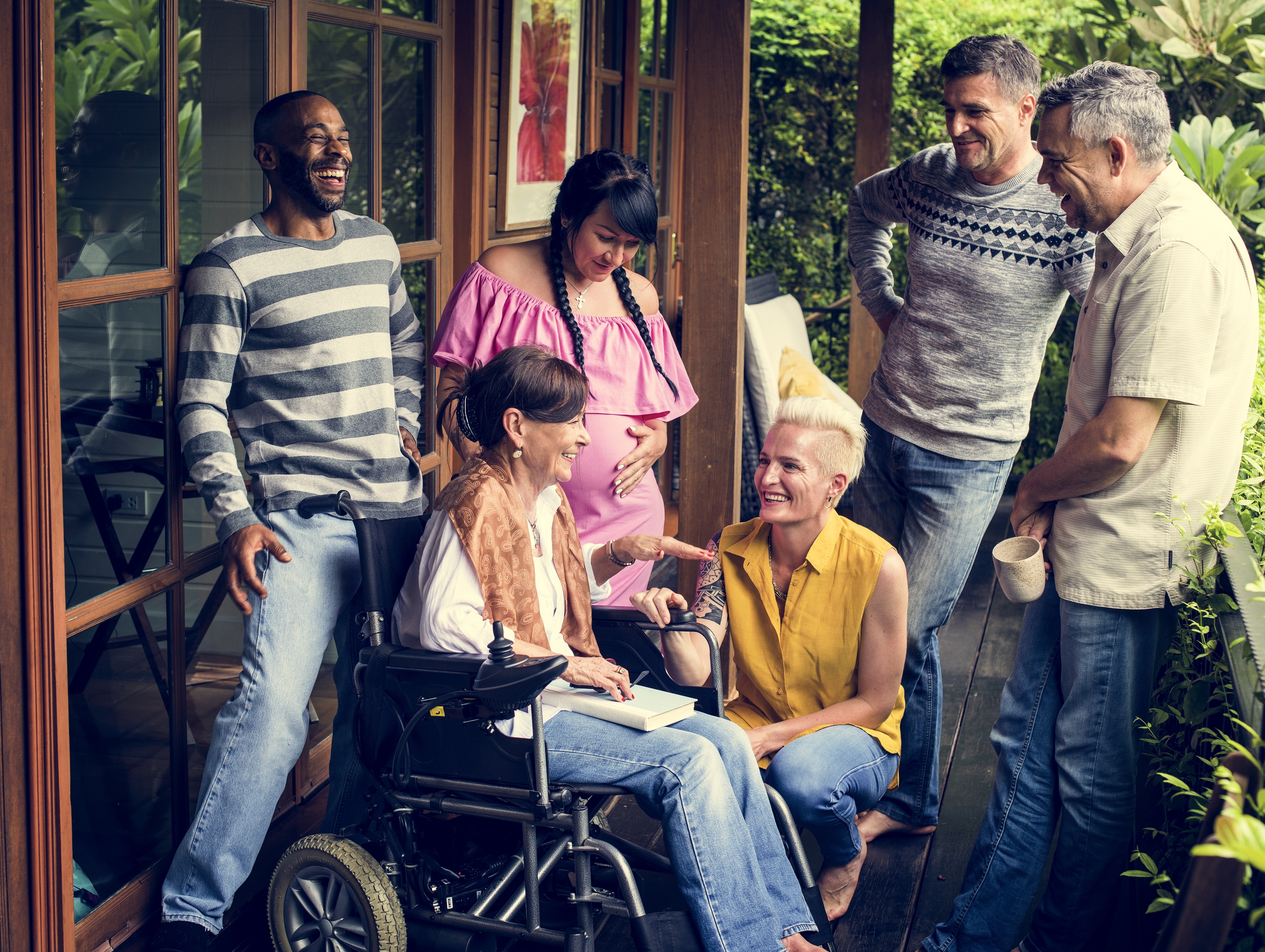
How would people with disability, their partners, parents and allies like to influence services?
Learn more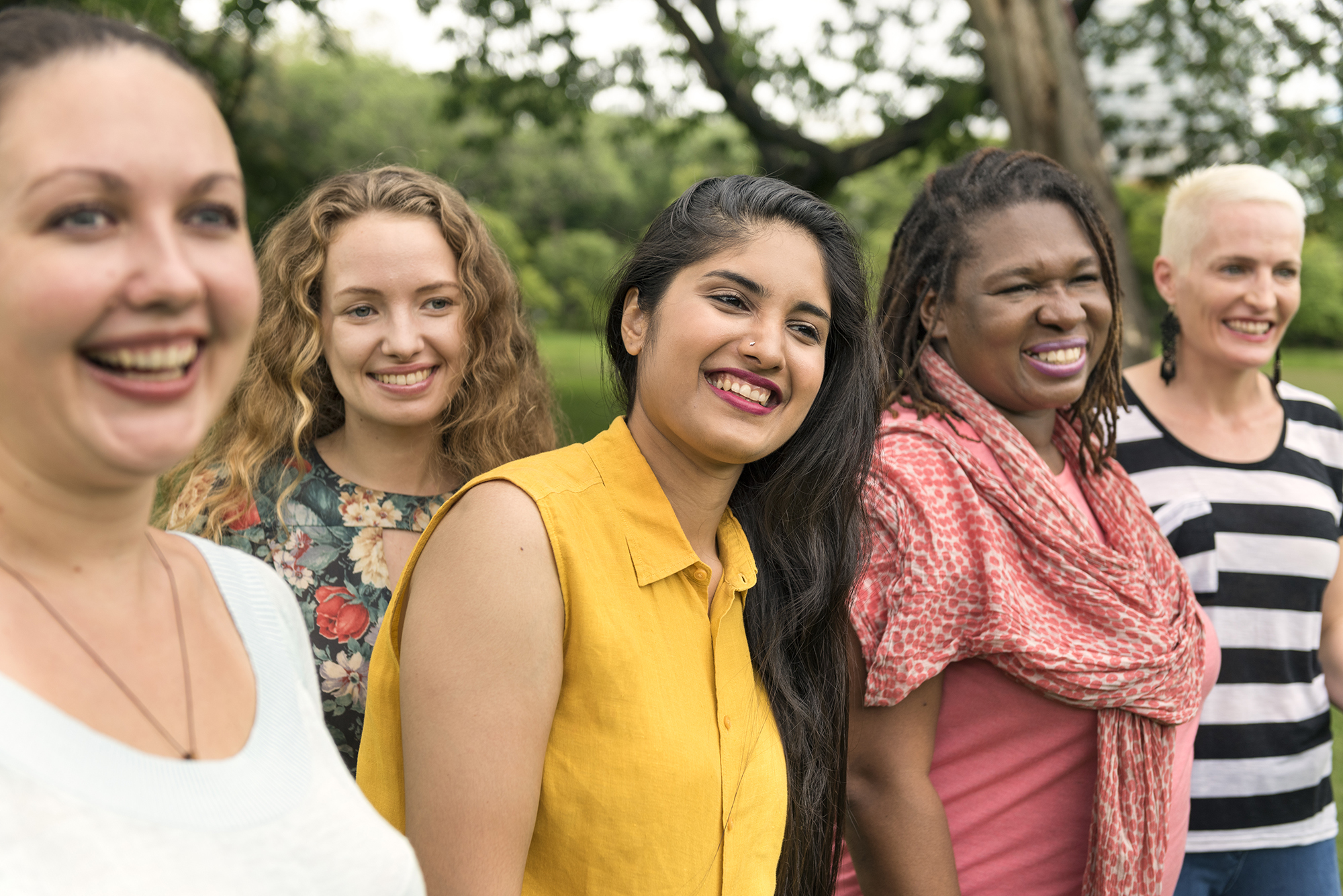
Sustaining Economic Empowerment and Dignity for Women
Learn more
This research aims to understand the stories told about Seymour and how these stories create or limit opportunities for women living there.
Learn more
Exploring people’s experiences of providing and receiving disability support services via digital platforms.
Learn more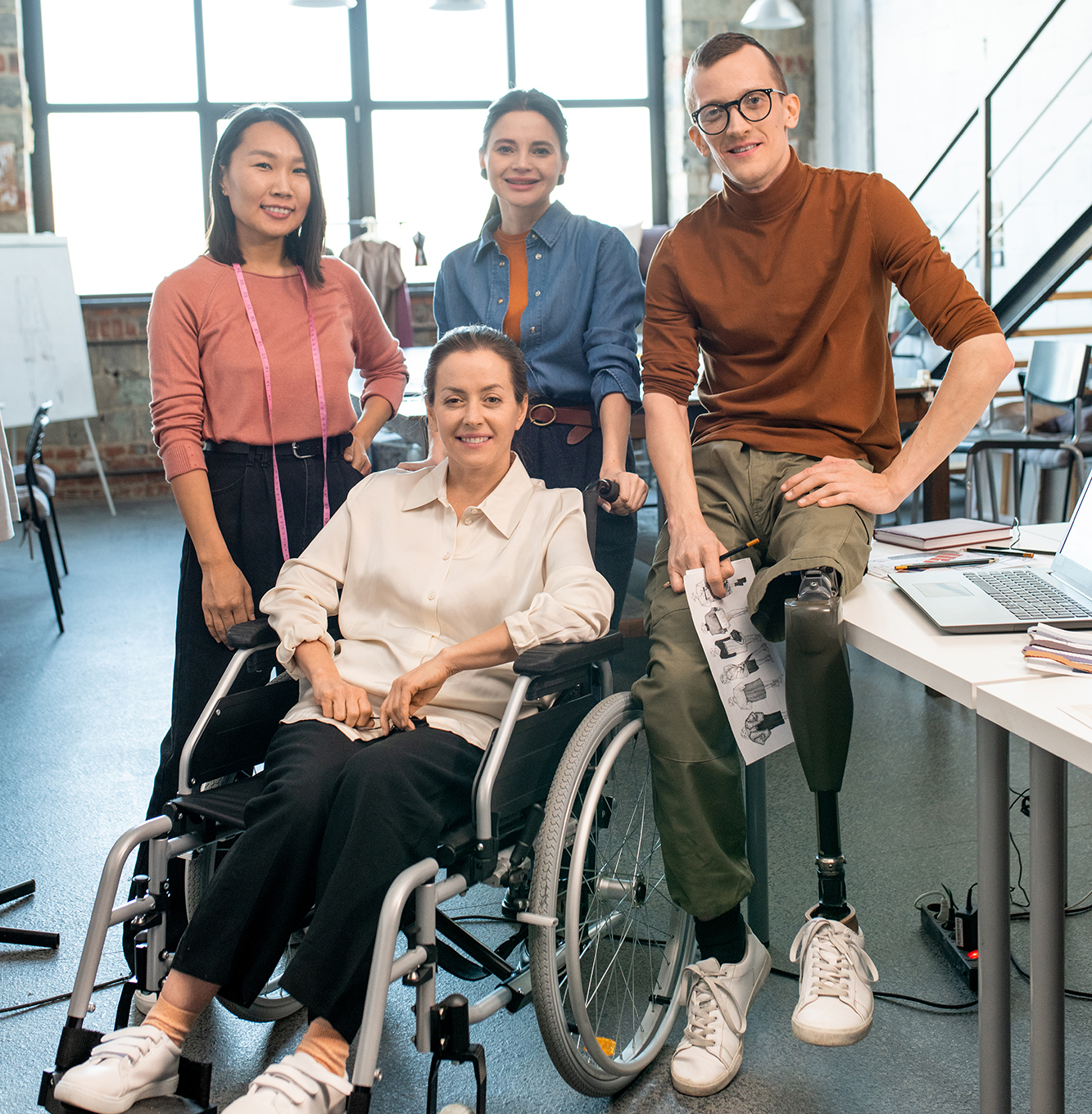
This study focuses on a BSL initiative to increase participation in mainstream employment for people with disability.
Learn more
This research is part of a coherent, multi-sectoral response to youth unemployment.
Learn more
How easy is it for Australians with disability aged 18–64 years who are not receiving NDIS funding to find and use the services and support they need to participate in the community?
Learn more
Understanding patterns of financial wellbeing is a key to protecting Australians against financial distress in times of crisis.
Learn more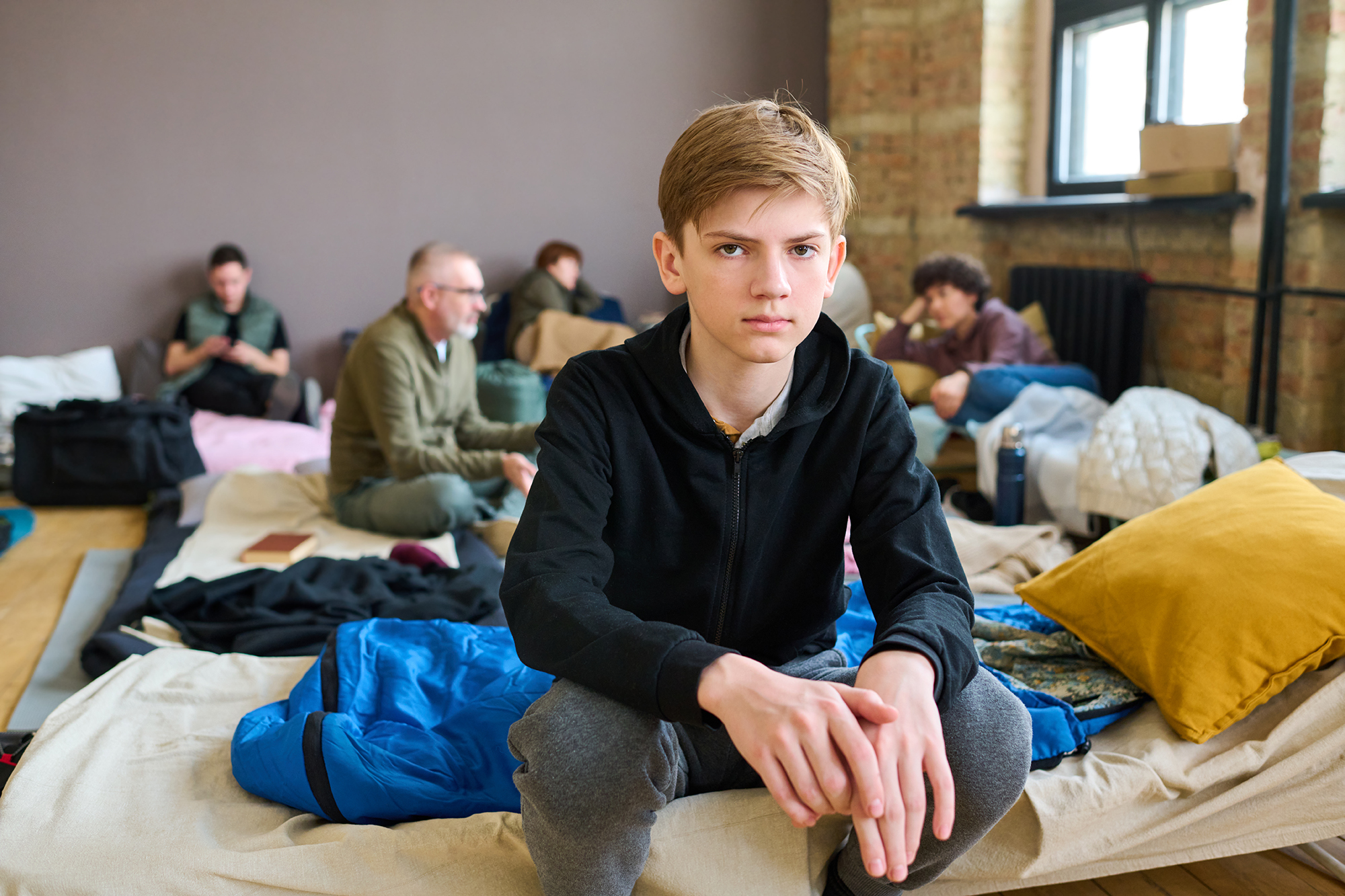
A research project evaluating three new Education First Youth Foyers in Victoria
Learn morePast projects

Life Chances is a unique longitudinal study that examines how family income, social class, ethnicity and gender affect the lives of individuals.
Learn more
This national longitudinal study examines the outcomes for over 600 children and families who took part in HIPPY between 2016 and 2018.
Learn more
This developmental evaluation interrogates the lived experience of HIPPY tutors to understand how the program operates, and the impact on tutors during their period of employment.
Learn more
What are some keys to helping young people to gain planning and independent living skills?
Learn more
How can ‘real-time’ data help us to understand the financial dimension of housing insecurity
Learn more
How can public and private sector organisations use their purchasing power to create positive social impact?
Learn more
How are low and moderate income Australian households coping with financial uncertainty?
Learn more
To tackle inequality we need to understand how issues like payment conditions and tax policies are connected and can trap single mothers in poverty.
Learn more
This project aims to lower energy bills by representing consumers in the setting of electricity network costs.
Learn more
Stepping Stones offers training, mentoring and support to help women from refugee and migrant backgrounds expand their business skills and increase their participation in business and the community.
Learn more
Do charitable providers have to choose between the money and the mission, or can we balance both?
Learn more
In partnership with La Trobe University, the Brotherhood conducted research into local employment issues for refugees in the City of Hume.
Learn more
How common are late receipt of Newstart Allowance and volatile payment amounts?
Learn more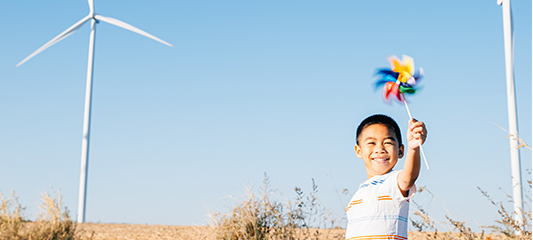
This project identified ways to enable a fair transition to clean affordable energy in Australia.
Learn more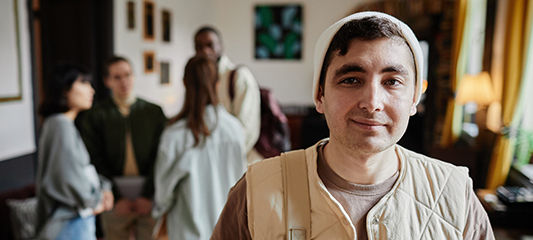
A project giving young people the freedom to take photographs that represent their experiences of education or employment
Learn more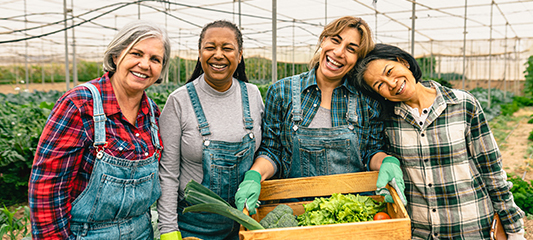
Funded by the John T Reid Charitable Trusts, this project aimed to support small community service organisations to adapt to changes in the human services sector and continue to contribute to their local communities.
Learn more
This research examined the role of private registered training organisations in delivering training to young people who have left school early.
Learn more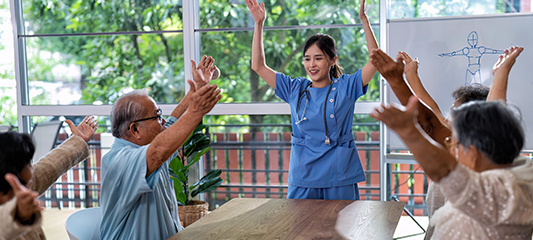
The Brotherhood of St Laurence contributed to two research projects designed to support improved care for older people with dementia and their carers.
Learn more
The Brotherhood of St Laurence worked with Monash Sustainability Institute and other project partners to assess the effectiveness of the Home Energy Efficiency Upgrade Program (HEEUP).
Learn more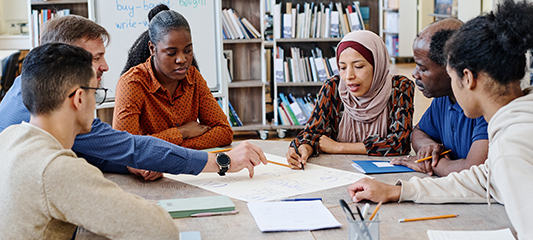
The Brotherhood has developed a community education and support project for young people based at the High Street Centre in Frankston.
Learn more
This research focuses on pathways and outcomes for mature-age people whose non-participation or under-participation in paid work is not their own choice.
Learn more
This four-year study, supported by an Australian Research Council Linkage grant, aimed to identify the factors that assist people who have been unemployed to retain jobs and build career paths.
Learn more
Social inclusion is central to the Brotherhood’s approach to tackling poverty. It is the basis of all our work, the design of our services and the research we conduct.
Learn more
Saver Plus is a matched savings program designed by the Brotherhood and ANZ to assist families with low incomes to develop a savings habit and to build assets.
Learn more
The Brotherhood was commissioned by the Consumer Action Law Centre to undertake a study of the experiences of people faced with court orders related to unpaid debts.
Learn more
This research used the life transitions approach to explore how economically and socially disadvantaged groups deal with financial needs related to the move from school to work, being unemployed, becoming a parent, and retirement and ageing.
Learn more
Fire, theft, accidents and other damage to property and vehicles can all have severe and long-lasting financial and emotional impact for low-income Australians, who can ill afford to repair or replace their car or household items.
Learn more
The complex, interrelated systems of taxation and income support directly affect the capacity of Australians to live rewarding and productive lives.
Learn more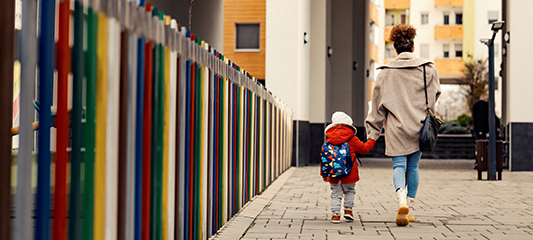
The Brotherhood, in partnership with Monash University, received funding from the Commonwealth Department of Education, Employment and Workplace Relations to evaluate the national roll-out of the Home Interaction Program for Parents and Youngsters (HIPPY).
Learn more
This study examined the factors that affect the recruitment or retention of families in the Home Interaction Program for Parents and Youngsters (HIPPY). From 50 sites at the time of the study the program has expanded to be delivered by 60 providers at 100 sites across Australia.
Learn more
The Brotherhood has collaborated with the Melbourne Business School, through its Asia Pacific Social Impact Leadership Centre, in a study of employer engagement initiatives involving disadvantaged jobseekers.
Learn more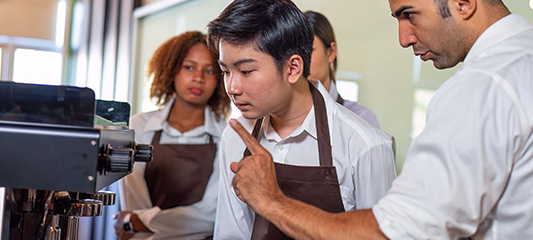
The PACTS program, which helps parents to support their children's decision making and choices about career pathways and relevant training, was developed by the Brotherhood in 2003.
Learn more
This study examines mature aged people's lived experience, pathways and outcomes of involuntary non-participation or underparticipation in paid work.
Learn more
The first stage of this research developed a framework for identifying capabilities and enhancing social inclusion of older Australians.
Learn more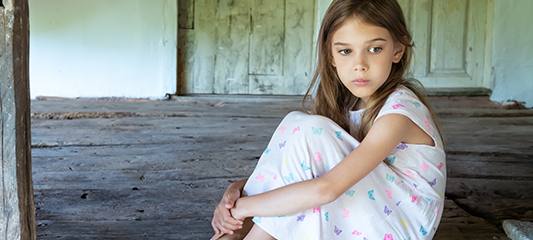
This study explores the relationship between poverty and children’s chronic stress, and the mediating role of parenting and family environments.
Learn more
A study of the Banksia Younger Onset Dementia Support Group, a pilot program to support people with younger onset dementia in the Frankston area of outer Melbourne.
Learn more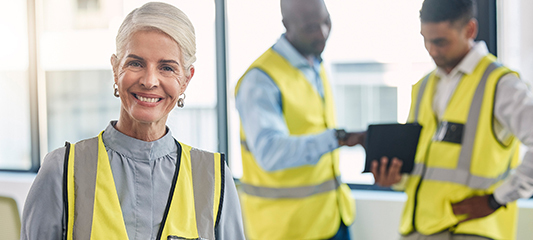
Australia's older workers on low incomes tend to have poorer health, but they are being expected to work longer.
Learn more
Existing policy responses to workforce age discrimination tend to focus on the role of employers in providing opportunities for jobseekers aged over 45. By contrast this research project focuses on employment services and how their staff might work more effectively with mature-age jobseekers.
Learn more